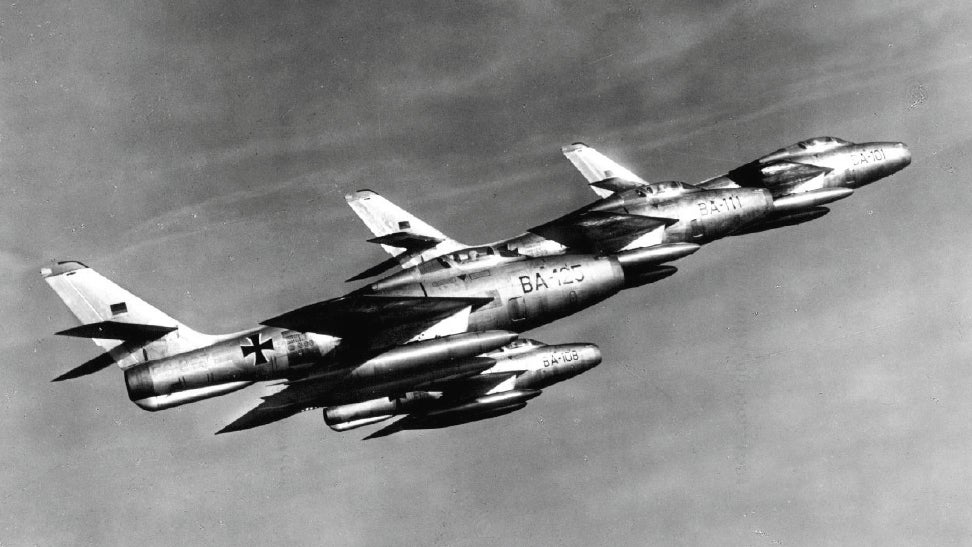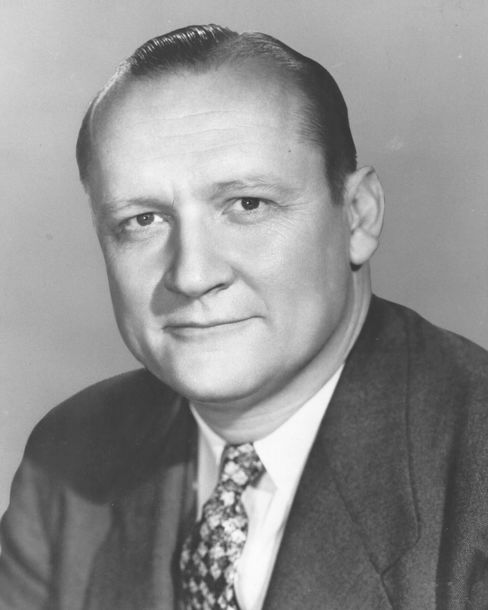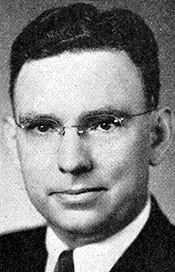German Wins and Losses
The outcome of the war hinged on France. If Germany failed to knock out France, it would face an invasion from the west. Germany had the numbers and had better technology, but time was on France’s side. The more time went by, the more French soldiers could be trained and equipped, and the more allies could come to France’s aid. On July 5 a German army attacked Amiens. The French defenders fought back until the Germans were pushed back on the 10th. While the Germans were gaining ground elsewhere, their advance was slowing down. By the end of the month, a small Canadian force had arrived in France to help out. Not long after, a larger American force arrived. In August, Germany launched another offensive with the aim of taking Amiens, this time with more men. The Second Battle of Amiens lasted for two weeks, and the German forces finally took the city.
While Germany had won a great victory, there were millions of enemy soldiers standing between the German Army and Paris. Germany was making little progress on the Eastern front after the occupation of Poland, as most of Germany’s attention was turned towards France. Germany’s entry into the war did hurt Russia by preventing a rapid reconquest of their Eastern territory. Germany also had air superiority, and rained death upon the civilians on London and Paris. On sea, Germany suffered a series of devastating defeats across the Atlantic Ocean. The British and American Navies were too much for Germany to handle. Liberia declared war on Germany, followed by Venezuela. Germany, by this point, had ceased to care about its international relations, with some exceptions. Germany was closer to Japan than at any point in history. In addition, Germany was offering generous foreign aid in return for Finland and Sweden entering the war. Their offers were refused.
While Germany had won a great victory, there were millions of enemy soldiers standing between the German Army and Paris. Germany was making little progress on the Eastern front after the occupation of Poland, as most of Germany’s attention was turned towards France. Germany’s entry into the war did hurt Russia by preventing a rapid reconquest of their Eastern territory. Germany also had air superiority, and rained death upon the civilians on London and Paris. On sea, Germany suffered a series of devastating defeats across the Atlantic Ocean. The British and American Navies were too much for Germany to handle. Liberia declared war on Germany, followed by Venezuela. Germany, by this point, had ceased to care about its international relations, with some exceptions. Germany was closer to Japan than at any point in history. In addition, Germany was offering generous foreign aid in return for Finland and Sweden entering the war. Their offers were refused.






